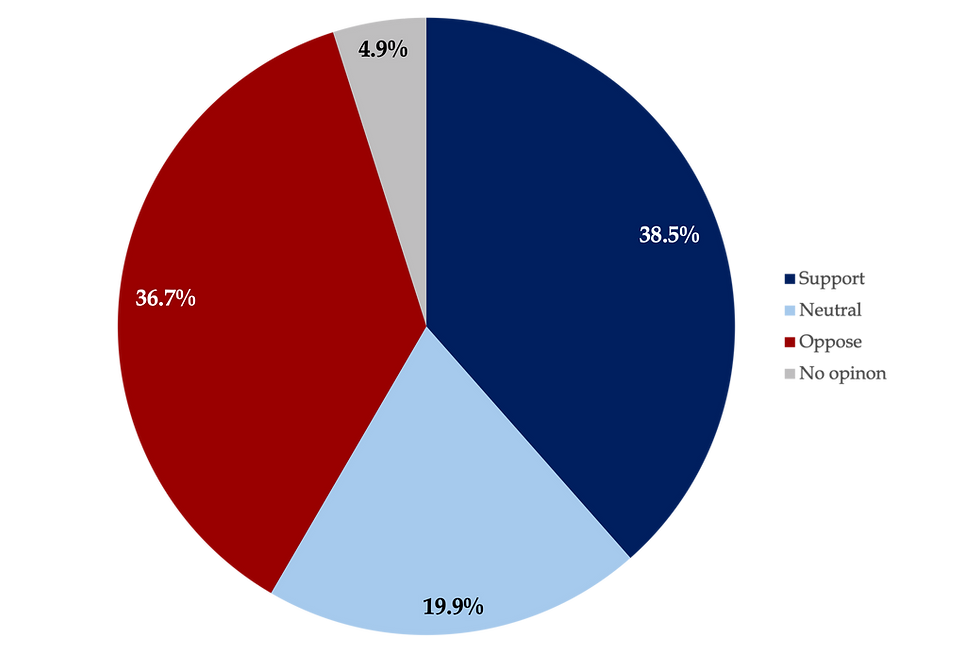The Legacy We Inherit
- Will Hennessy

- Sep 9, 2025
- 3 min read
Updated: Sep 13, 2025

Will Hennessy (MBA ‘26) on what it means to reimagine PRIDE at HBS.
I love traditions. I love how they connect me to those who came before me and offer something enduring to those who will come after, whether in a school, a company, or a community.
Years ago, I learned about Oberammergau, a small town in Germany that has staged a Passion play every 10 years for over 350 years. What struck me wasn’t just the commitment to keeping it alive but also how the town has continued to evolve the tradition. They’ve reexamined their values, expanded interfaith dialogue, welcomed previously excluded community members, and modernized the production’s language, music, and technology. The essence remains, but the form has adapted with the times.
At HBS, I’ve been surrounded by long-standing traditions: the 117-year-old case method, the century-old Harvard-Yale football game, the community rituals of section life, and the annual cheers for the Boston Marathon. Even specific class cases, like the 53-year-old Benihana operations case, carry legacies of their own.
But what makes these traditions powerful isn’t their age. It’s how they’ve delicately balanced holding on to the past while being willing to evolve. The Benihana case, one of the first internationally-based cases at HBS, now has a best-selling digital simulation adaptation while still being taught in its original form in Aldrich Hall. Section life has expanded to include diverse voices and new rituals, such as MyTake events, Flag Day, and peer-led retreats, while remaining steadfast in size and classroom structure. The Boston Marathon and Harvard’s 380-year-old Commencement have both become more gender-inclusive and accessible over time, embracing technology and shedding outdated norms while retaining traces of history, such as Latin speeches and traditional robes.
This past year, I’ve come to realize that most enduring traditions don’t resist change; they rely on it. When we let them breathe, they deepen in meaning.
This year marks 40 years since PRIDE was officially recognized at HBS. In that time, LGBTQ+ students have built meaningful traditions of their own: retreats, dances, MyTake storytelling events, spaces for support and celebration, and even trips to Miami. Decades earlier, our predecessors formed secret “alternative executive lifestyle” groups in the 1970s. They supported each other through the AIDS crisis and fought for visibility in classrooms and boardrooms alike.
Now we’re facing a new moment of reckoning. Anti-LGBTQ+, especially anti-trans, sentiment is on the rise. Corporate support for PRIDE is shifting. Cultural backlash is growing. So I have to ask: what parts of PRIDE must evolve?
We’re more visible on campus than ever before, and today’s queer students come from increasingly diverse backgrounds, bringing new intersections, questions, and needs. To sustain our community, our leadership is rethinking how we evolve while staying rooted in the traditions that brought us here.
The PRIDE movement began with Black trans people bravely standing up for our community. At HBS, it was courageous alumni who risked their reputations to carve out space for this club. Now it’s our turn to be stewards of that legacy, standing up for those who come next.
That’s what PRIDE means to me.
Note: This originally appeared in the HBS MBA Voices blog on June 17, 2025.

Will Hennessy (MBA ’26) hails from New Canaan, CT, where he watched his first TED talk in Ms. Steidl's high school poetry class. Inspired, he eventually spent seven years working at TED Conferences, building a new podcast network media strategy, and most recently serving as the Director of Special Projects. Outside of work, he loves teaching courses in the outdoors and cares deeply about the power of friendships and K-12 public education.




Comments